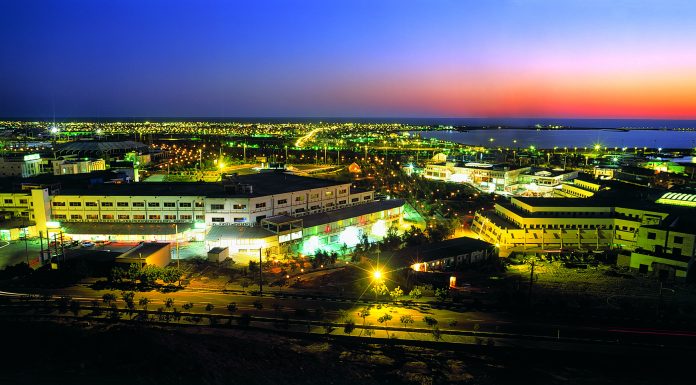By Jonathan Landay
WASHINGTON, Nov 6 (Reuters) – The top U.S. diplomat has granted an exception to certain U.S. sanctions that will allow the India-led development of a port in Iran as part of a new transportation corridor designed to boost Afghanistan’s economy, a State Department spokesman said on Tuesday.
The exception granted by Secretary of State Mike Pompeo to U.S. sanctions reimposed on Iran on Monday also will permit the construction of a railway line from Chabahar port to Afghanistan, and for shipments to the war-torn country of non-sanctionable goods, like food and medicines, the spokesman said.
In addition, Afghanistan will be allowed to continue importing Iranian petroleum products, the spokesman said.
“These activities are vital for the ongoing support of Afghanistan’s growth and humanitarian relief,” the spokesman said in a statement emailed to Reuters.
The sanctions reimposed on Iran’s oil exports – its main revenue source – and financial sector were triggered by U.S. President Donald Trump’s May 8 decision to abandon the 2015 international deal designed to block Tehran’s development of nuclear weapons.
Trump denounced the deal, which lifted sanctions on Iran in return for limits on its nuclear program. He argued that it would not prevent Tehran from developing weapons and failed to address other activities, such as its ballistic missile program and support for extremist groups.
The sanctions, however, threatened India’s ability to obtain financing for the development of Chabahar, which could potentially open the way for millions of dollars of trade for land-locked Afghanistan and end its dependence on Pakistan’s port of Karachi.
Building Afghanistan’s economy also could reduce Kabul’s dependence on foreign aid and put a major dent in the illicit opium trade, the main revenue source of the Taliban insurgency.
The sanctions exception granted to the Chabahar project aims to further U.S. ties with Afghanistan and India “as we execute a policy of maximum pressure to change the Iranian regime’s destabilizing policies in the region and beyond,” the State Department spokesman said.
(Reporting by Arshad Mohammed Editing by James Dalgleish and Bill Berkrot)



